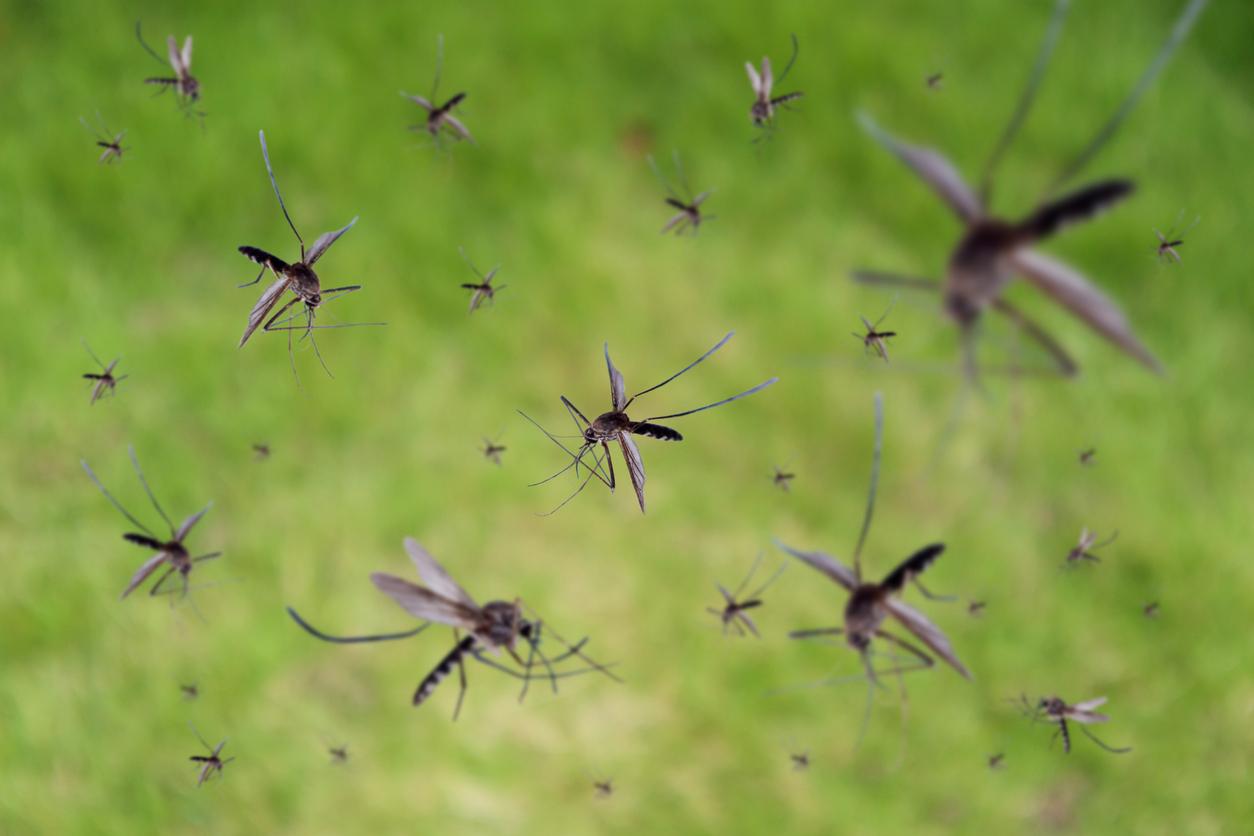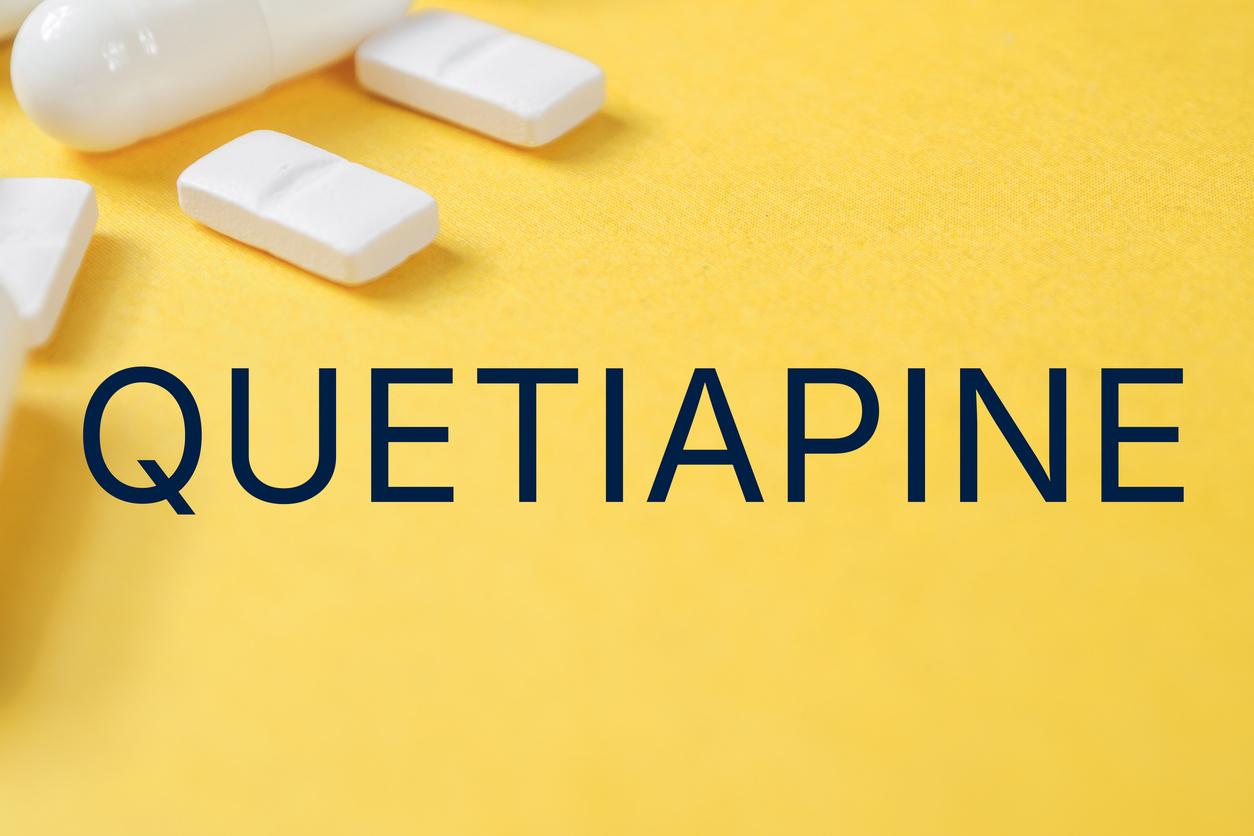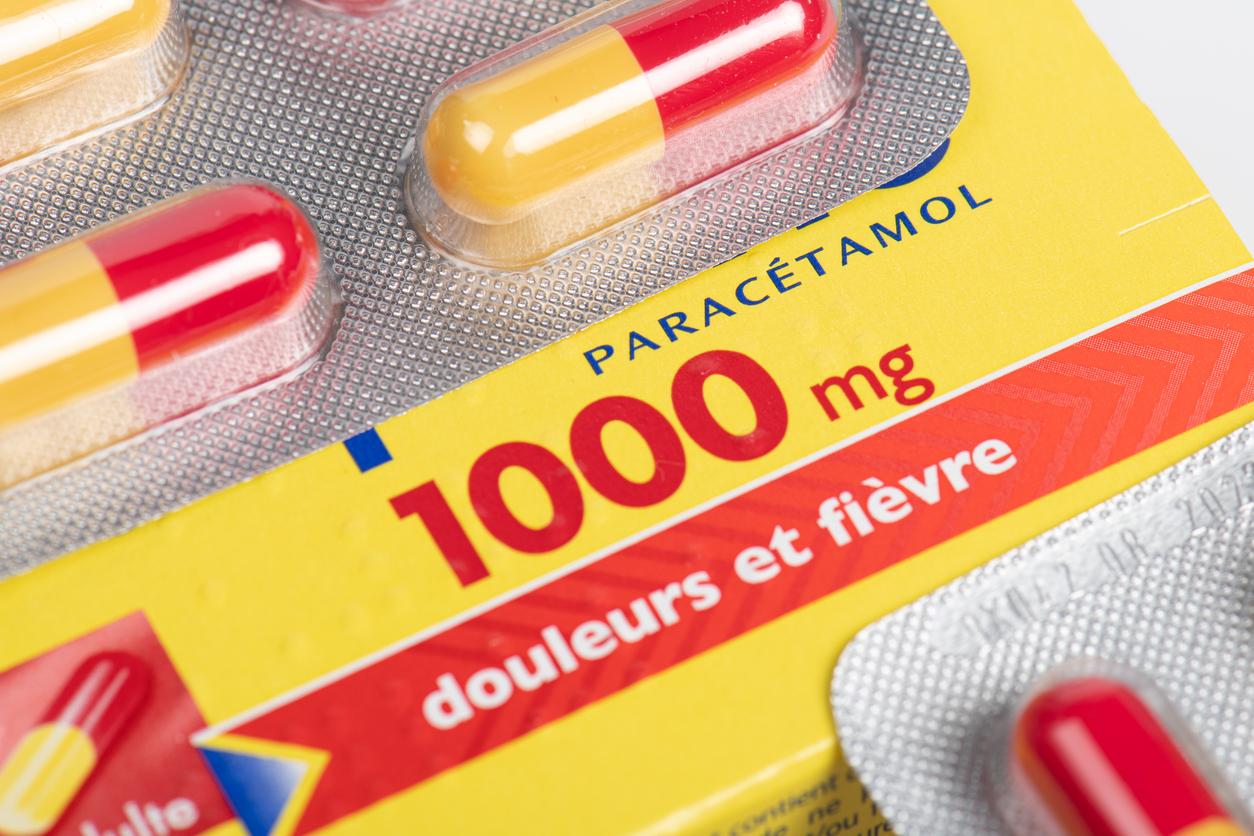THE’acupuncture, manual medicine (osteopathy and chiropractic), thehypnosis and the tai chi are the four complementary therapies selected by the National Academy of Medicine for its evaluation.
Effective on many disorders
Called alternative medicine, alternative medicine, complementary therapies or supportive care, these techniques are increasingly attracting French people who are disappointed with certain medical treatments that they consider insufficient or a source of too much.Side effects. These are particularly people affected by a Cancer who use it (30%). But the National Academy of Medicine would like to point out that: “These practices are only possible complements to the means of treatment offered by medicine proper, to which they cannot be compared or replaced.”
After analyzing a large number of scientific studies on the subject, the Academy has identified areas of intervention for each technique where their effectiveness has actually been recognized. “Acupuncture may benefit patients suffering from low back pain or chronic neck pain, migraine or tension headache, osteoarthritis of the lower limbs, epicondylitis, in pregnant women experiencing pain in the lower back or pelvis and during pain in thechildbirth, and to prevent nausea and vomiting induced by cancer chemotherapy. “
Regarding manual medicine (osteopathy and chiropractic): “spinal manipulations may be moderately effective on acute, subacute or chronic low back pain, on acute, subacute or chronic neck pain, on headache of cervical origin, vertiginous states of cervical origin, and to a lesser degree on neck pain. migraine.”
Regarding hypnosis: “overall, the most interesting indications seem to be the pain associated with invasive procedures in children and adolescents and the side effects of anticancer chemotherapy.”
As for Tai-chi and Qi gong, they would be useful in case of low back pain, osteoarthritis of the knee, fibromyalgia, heart failure, sleep disturbances, asthma even osteoporosis.
Possible serious complications
But the Academy is keen to point out the possible complications linked to these practices. “Particular attention must be paid to the risk of complications (especially cervical manipulations), to the risk of improper dissemination of methods of improbable utility (such as preventive cranial osteopathy in newborns), and to the risk of sectarian drift with estrangement definitive of conventional medicine, particularly formidable in cancerology. ” On the other hand, according to the authors of the report, it is the placebo effect that plays a big role in the effectiveness of these practices, in particular for acupuncture.
Despite everything, more and more health establishments and in particular the Assistance Publique – Hôpitaux de Paris (AP-HP) are offering these complementary therapies. The Academy would like to point out that certain precautions must be taken in this case. “Complementary therapies in hospitals must remain integrated into the practice of nursing teams, in addition to validated therapeutic means, and never be isolated from them”. They should also be offered only to “hospital patients”. She adds: “they should never be chosen by the patient as a first-resort solution, nor as an alternative solution that would expose them to errors or delay in diagnosis and to loss of luck.”


















